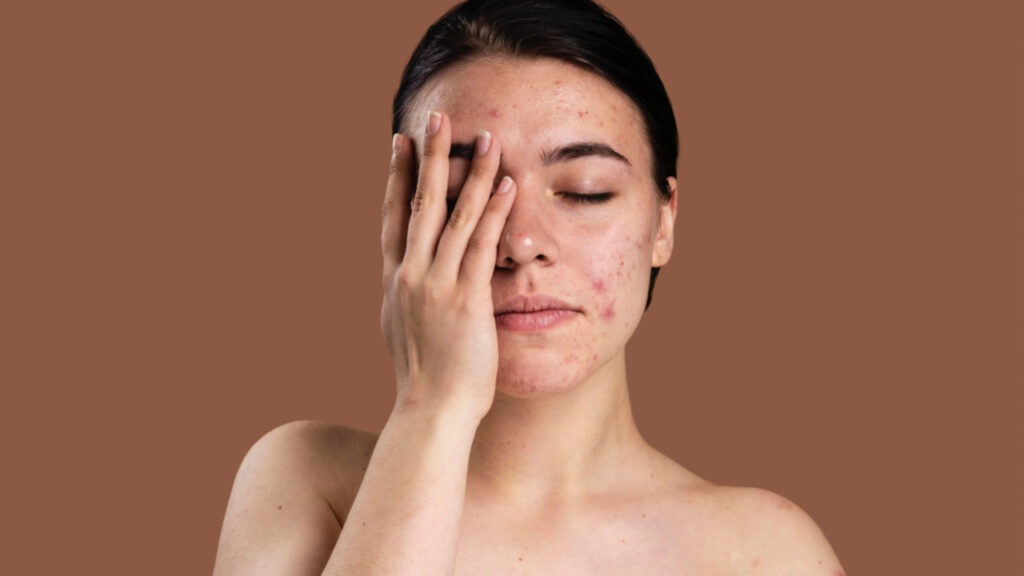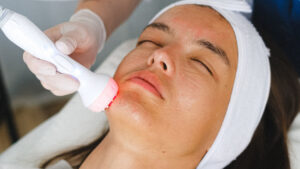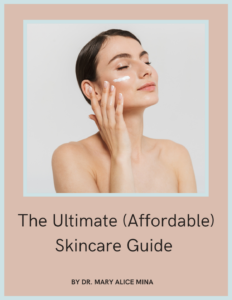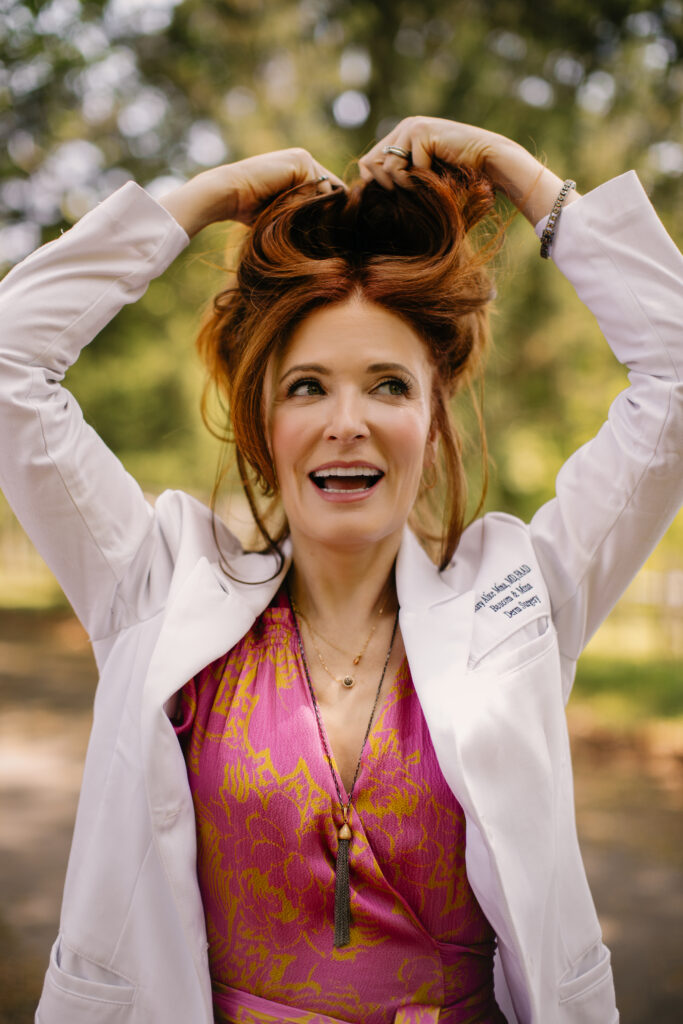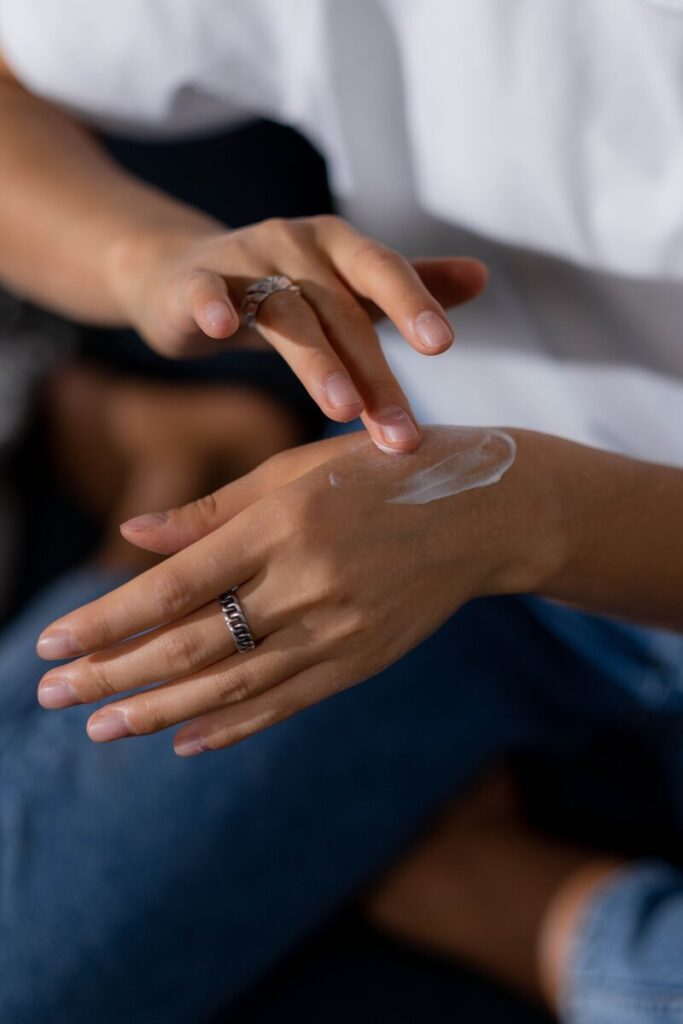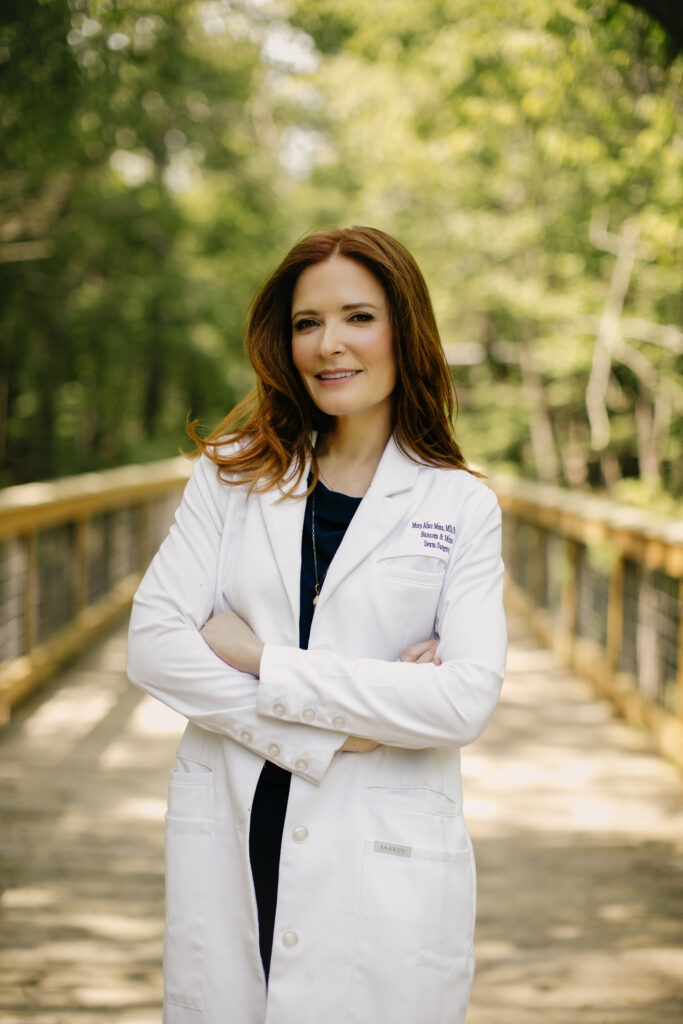Acne vulgaris, a common chronic inflammatory skin condition, occurs due to the dysfunction of pilosebaceous units in the skin. With more than 650 million affected individuals worldwide, it is safe to say that most, if not all, readers have experienced acne first-hand or know someone who has.`It can affect people of all ages, from neonates to post-menopausal, but we commonly think of acne as a disease of teenagers due to fluctuating hormones during puberty.
First things first, what causes acne?
Excess Sebum Production
Sebaceous glands produce an oily substance called sebum, which helps keep the skin lubricated. However, in some individuals, the sebaceous glands produce an excessive amount of sebum, leading to clogged pores and acne.
Hormonal Factors
Hormones fluctuations are known to cause flares and worsening of acne and this can occur during puberty, around a woman’s mense (period), pregnancy and peri- and menopause years.
Genetics
We also know that acne has a genetic component, so if someone in your family struggled with acne, there’s a good chance you will too!
Medications
Not all acne is caused by hormone fluctuations though, medications (anabolic steroids) can cause acne. Occlusive things on the skin like oils, pomades, and even tight fitting clothing can worsen acne.
Diet
Foods with a high glycemic index, like white bread, potatoes, sugary drinks, and pastries, can cause blood sugar spikes that may worsen acne. Skim milk and whey protein found in dairy products can also increase insulin-like growth factor (IGF-1), potentially making acne worse.
Acne isn’t just a concern for teenagers; it’s increasingly affecting women over 25 years of age. Many of these women experienced acne during their teen years and continue to battle breakouts into adulthood, though not all of them. Interestingly, adult acne predominantly affects women (about 85%) compared to men.
The reason behind this lies in the ongoing hormonal fluctuations that continue beyond puberty. For women, hormonal changes occur monthly during menstruation, during pregnancy, and later during the peri and menopausal stages.
While acne may not be life-threatening, it can significantly impact an individual’s mental well-being and self-esteem. Studies show that acne can have profound effects on one’s psyche, making it important to address and manage this condition effectively
How to treat acne?
1) Choose a cleanser specifically formulated for acne or oily skin, preferably one that contains salicylic acid.
2) Use non-comedogenic products on your skin to help prevent clogging of your pores. When it comes to makeup, don’t forget to choose non-comedogenic options as well.
3) Opt for sunscreens designed specifically for oily or acne-prone skin.
4) For your nighttime skincare routine, consider incorporating a retinol or retinoid treatment. You can easily find an over-the-counter vitamin A cream like Adapalene, which works wonders. Alternatively, consult your dermatologist for a prescription-strength retinoid for optimal results.
5) If you’re dealing with moderate acne, especially with inflammatory papules (those tender red bumps and white heads), a benzoyl peroxide wash in the shower can be really helpful. This wash will effectively reduce the bacteria on your skin, including the cutibacterium acne.
6) For mild to severe acne that’s not improving with over-the-counter products, consult a dermatologist. They may prescribe topical or oral antibiotics for effective treatment.
7) Isotretinoin is a game-changer for severe acne cases. Despite some negative publicity and prescribing challenges, it remains a life-changing treatment. As an oral form of vitamin A, it targets and reduces oil gland activity, preventing excess sebum production. For many patients, it can even cure acne. Strict pregnancy prevention is mandatory while taking this drug due to safety concerns.
Acne along the jawline is common in women with polycystic ovarian syndrome (PCOS). Your dermatologist may recommend birth control pills, which can help regulate hormone levels, and a medication called spironolactone. In some cases, laboratory testing may be necessary to assess signs of hyperandrogenism, a condition marked by excessive androgen hormone levels.
Regardless of the severity of your acne, if it is impacting your quality of life and mental health, it’s crucial to seek care from a board-certified dermatologist.

